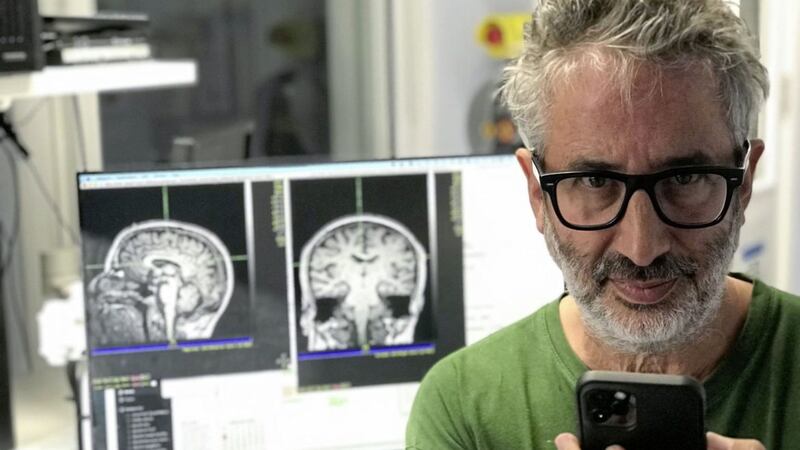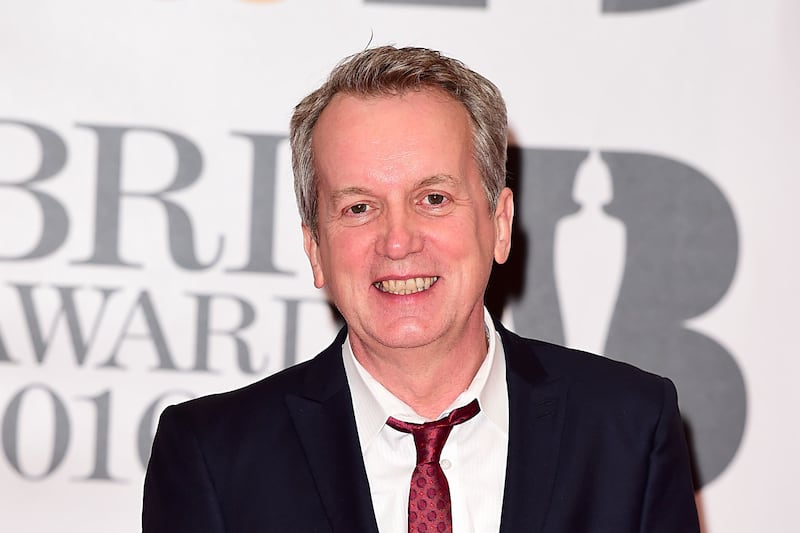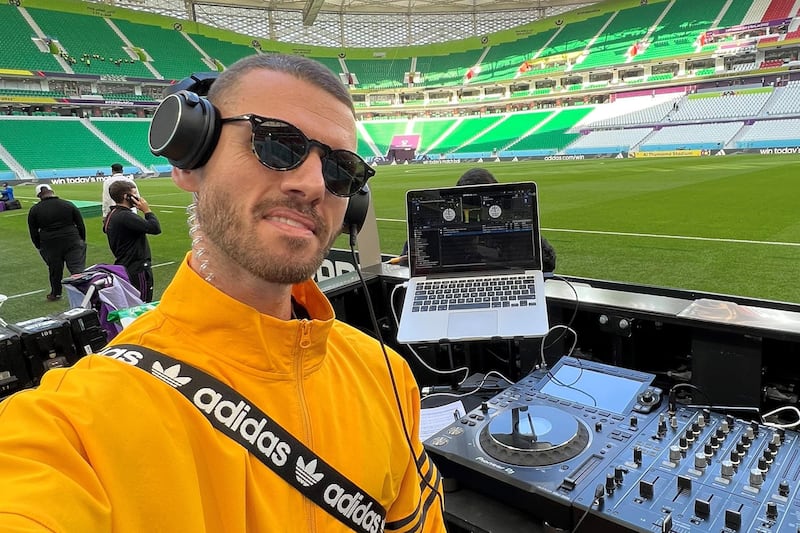David Baddiel: Social Media, Anger and Us, BBC 2, Monday
David Baddiel is honest about his own use of social media, particularly Twitter.
He likes the attention, he’s interested in the exchange of ideas, but principally he’s there to sell.
“There’s a very straightforward reason. You sell tickets, you sell books, you sell television programmes … and it’s (Twitter) a bigger platform now than any other for doing that.
“If I do a series of jokes on social media and those jokes go well, I attract followers and those followers are there when I say ‘please watch this television programme’. It’s an audience you are building up.”
As the film was broadcast he had 780,000 followers on Twitter. When I checked his account the following morning he was a handful short of 790,000.
But despite being a medium of personal PR, Baddiel feels that Twitter has created greater anger and violence.
“We are living in an age of anger,” he says “and much of it seems to because of a radical shift in the way we communicate.”
He cites some evidence to back up this claim, but it seems far from conclusive. He also saw a link between social media and the rise of populist politicians.
He spoke to other Twitter users and public figures with large followings and none had anything positive to say other than the commercial opportunities.
When Baddiel was assessed by a medical expert after giving up Twitter for a couple of weeks, he was found to be happier, more focused and less anxious.
His daughter Dolly suffered from anorexia as a teenager and her condition was exacerbated by the exposure to social media. He thinks her life would have been better if she had never joined.
Yet, after the evidence and the quitting experiment, Baddiel returned to his “addiction” because he felt it was essential to his work.
“Despite all the psychological benefits of being off it, I’m going back on social media, partly because of my job as a performer … but also because I am frightened of being excluded from the conversation.”
This was a well argued, thoughtful programme which raised significant issues about the changes being brought by the digital world.
Baddiel was honest about his motivation and addiction and you could only feel for the suffering of his daughter, but a bit like an alcoholic saying he could control his drinking, you just wanted him to give it up.
******
Champions Cup, BT Sport, Sunday
There was another reminder of why we watch sport in this amazing Covid-affected rugby match.
There have been memorable days in the history of Munster rugby but last weekend’s ranks among the greatest.
Thirty-four players who travelled to South Africa last month were out because of Covid, as well as the first team coaches. With the games in Africa postponed, Munster hadn’t played in 50 days.
They went to Wasps in the first round of the European Cup with five young lads making their senior debuts.
There were seven more rookies on the bench, including a number who were called up from local clubs and didn’t even have Munster contracts.
The finishing out half was an 18-year-old from Ennis RFC who signed for the academy last month.
They won 35-14, scoring four tries for a bonus point.
Captain Peter O’Mahony told afterwards of amazing scenes in the dressing room before the game, with the team doctor checking dates of birth to make sure everyone was over 18.
They might have been helped by a very soft red card against the Wasps captain, but it was as emotional as professional sport can get, aided by an informed and passionate commentary from Donnacha O’Callaghan.
O’Mahony said the game will be one he will remember “forever.” He won’t be alone.









